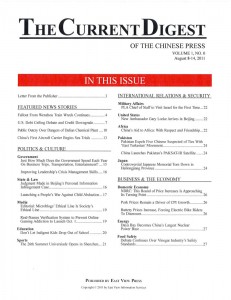Happy new year — welcome to 2013!
We’ve made a few changes in the law library’s database offerings:
- We now subscribe to Oxford Bibliographies: International Law. This database includes 48 articles guiding researchers to the best scholarship available in international law. Examples of topics include Genocide, International Criminal Law, and International Organizations. This database is available for use both on and off campus for the entire Cornell community.
- While we’ve subscribed to PKULaw for quite some time, until now it has been available only at the law school. We’re pleased to announce that it is now available for use by the entire Cornell community, both on and off campus, in its English and Chinese versions. PKULaw is a comprehensive and authoritative database of Chinese legal information, which contains all the laws, regulations, and cases in Chinese since 1949. It also includes all issues of 35 domestic law journals, with over 100,000 full-text articles in Chinese. (Note that not all Chinese-language materials are available in the English database.)
- We have expanded our holdings in Oxford Reports in International Law to include decisions not only on International Law in Domestic Courts but also International Criminal Law and International Human Rights Law. This database is available only using law school computers.
- We no longer have a separate subscription to Getting the Deal Through. The resources in that database are now available via Bloomberg Law. Members of the law school community who would like a Bloomberg Law password should contact Cornell Law Library Reference.










